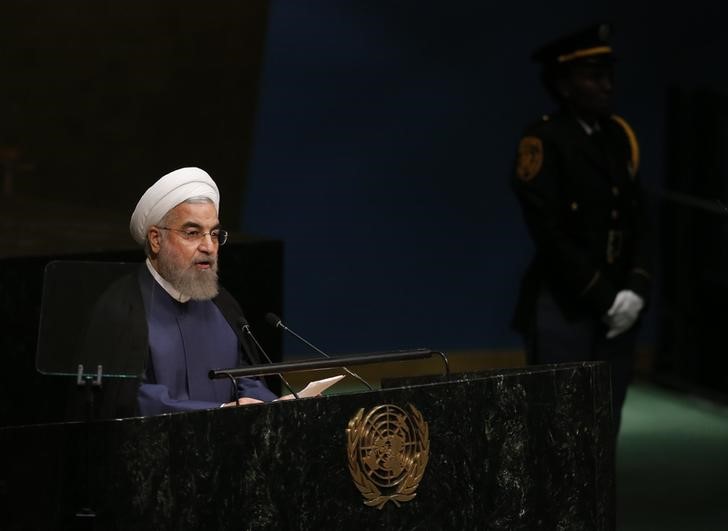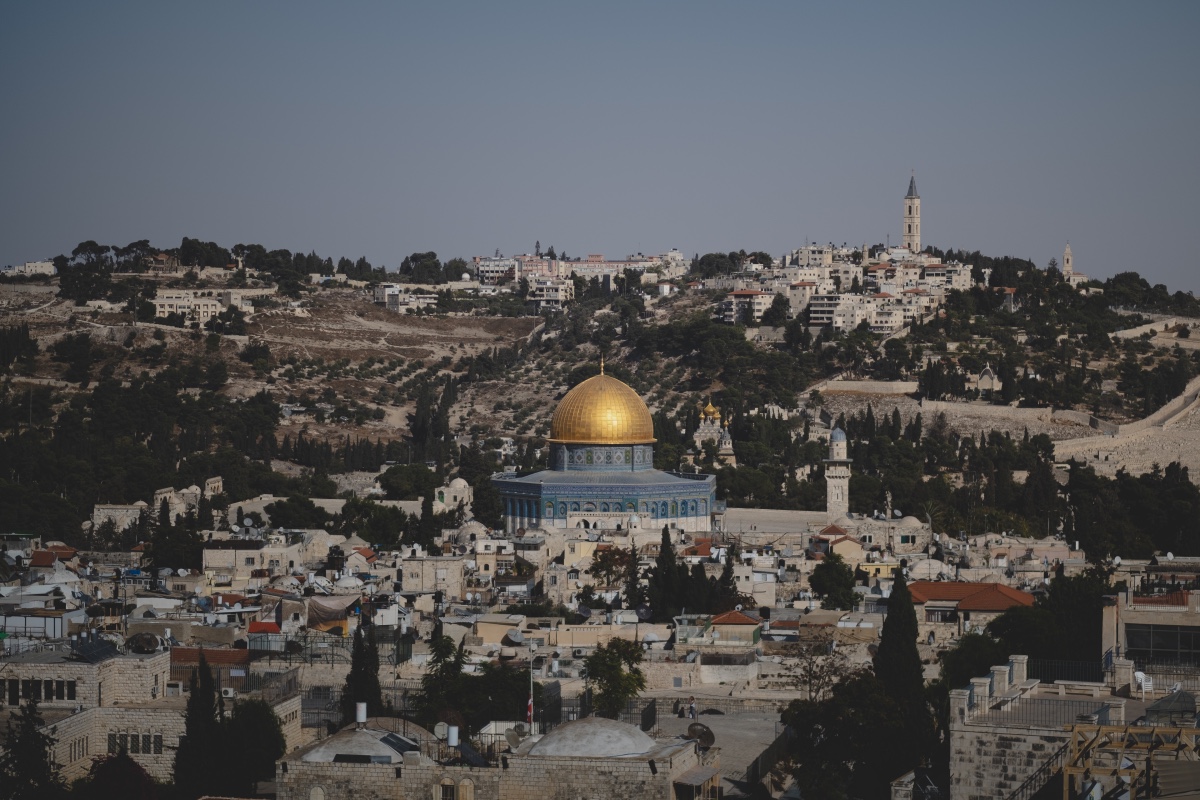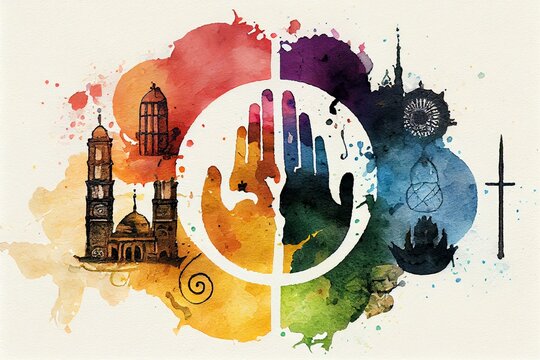Would you Adopt Muhammad (s)?
By Laura Fawaz, Contributing Reporter
Detroit, MI–All across America, the need for good families to become foster parents is on the rise. The Muslim American community is not exempt for this need.
At last week’s ISNA Convention, held in Detroit, Michigan, there was a special session dedicated to the need for Muslim families to become foster parents, or even adoptive parents. On record, there are 150 million kids worldwide that are in need for a good foster home. In Wayne County, Michigan alone, there are 4,000 children in the foster care system. 60 of them are Muslim. How many Muslim families are registered to take in these children? Five.
“We need more Muslim foster homes, not just for our Muslim children, but for all children,†said Mona Youssef, a referee in the Wayne County Courts.
Following her was two mothers, who already had biological kids of their own, and became foster parents in Michigan; Sameena Zahoor and Fozia Saleem-Rasheed. Zahoor shared her experiences in becoming a foster parent, and how the entire process took over a year. In the beginning she said, there were several families interested in helping these kids. Though after the lengthily, intense process filled with applications, check-ups and home studies, many of the parents just couldn’t keep up and exited the program. In the end, there were only two Muslim foster families available to take in these kids at that time.
Saleem-Rasheed though discussed the thought that she and her husband had of wanting to do an international adoption verses a local one. They were looking to adopt a Muslim orphan in the Kazakhstan region, mainly because their process then was safer and easier than most other countries like Pakistan. Within what was going to be a long, drawn out international adoption process, Saleem-Rasheed was called by a local foster care agent asking her if they would be willing to consider a local adoption. There was a newborn baby girl that was just entering foster care, and the Muslim parents were requesting her to be placed with another Muslim family. “That was when we found out that we were the only Muslim family legally registered as foster parents,†Saleem-Rasheed said as she held back her tears.
So they took her in and have been raising her and their adoptive daughter, along with their other three biological children for almost a decade now.
A large concern of becoming an adoptive or foster parent within some cultures is the stigma of it. Dr. Ingrid Mattson and Imam Tahir Anwar spoke to these concerns. Since every child is born sinless and pure, there is a great reward in the hereafter for anyone who takes care of an orphan child, because of its heavy responsibility. There’s the famous hadith of Prophet Muhammad (s) who said “He who looks after the orphan is like this with me in paradise†as he held his holy two fingers together side-by-side.
Even though the greatest rewards are in taking care of orphan children, there is still great reward in taking care of children in general, especially when you’ve been able to give them the proper Islamic upbringing that they otherwise may not have had.
A major concern for most Muslim families on adoption is how to make the child halal on both parents when they become of age. There is the route of the mother nursing the child as long as they are under the age of two, so that he or she will become halal on both parents. Though not all mothers may have that option at the time, so there is medication that she may take to lactate. However, the concern here is that she is lactating and providing milk that came from her and the medicine, not her and her husband. Therefore, in that instance, the child would not be halal on the father.
One of the most important Islamic rules of adoption is to make sure that the child knows where they came from. Therefore, unless there is a solid reason not to, the child should keep his or her own God given name, not the name of the adoptive parents. Recently in the United States, many human rights organizations are voicing their opinions on this issue. They are now ruling it to be inhumane for the child to not know their lineage or where they came from. In fact, though the practice of closed adoption is still around, it’s one that is becoming more and more rare. Such human rights organizations are even trying to fight this practice as it goes against the child’s rights to know who they really are.
16-38














2014
892 views
views
0
comments